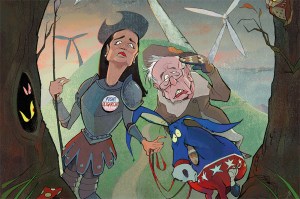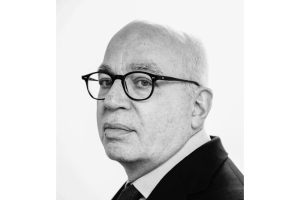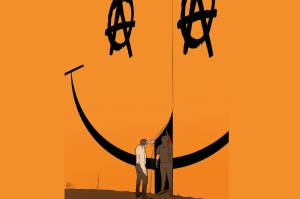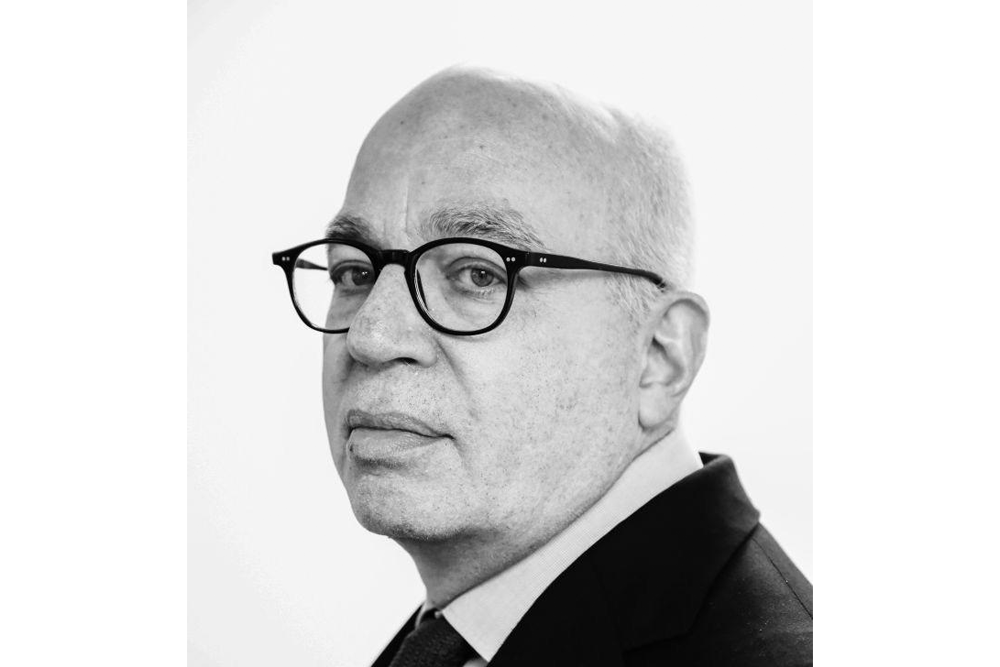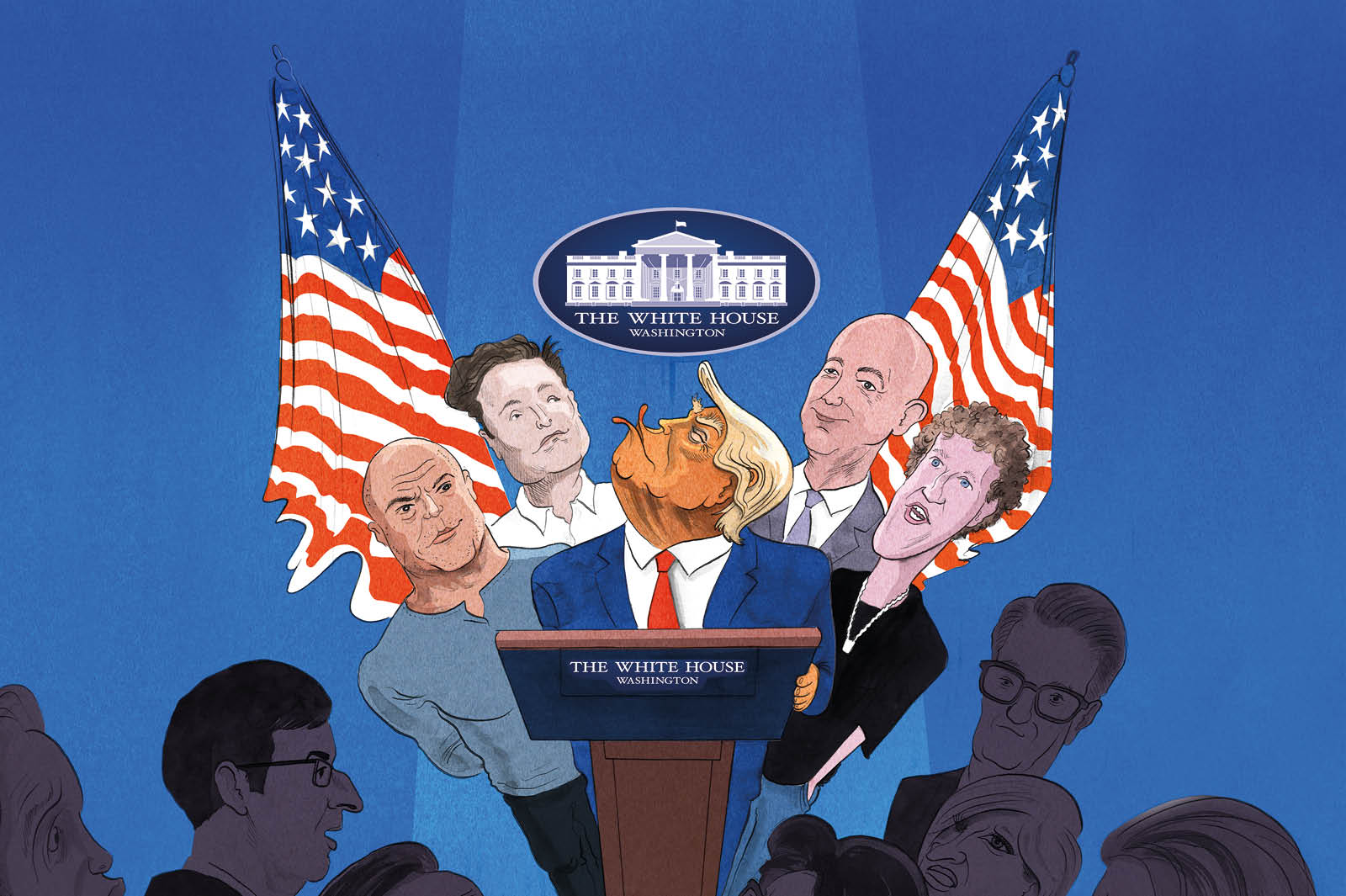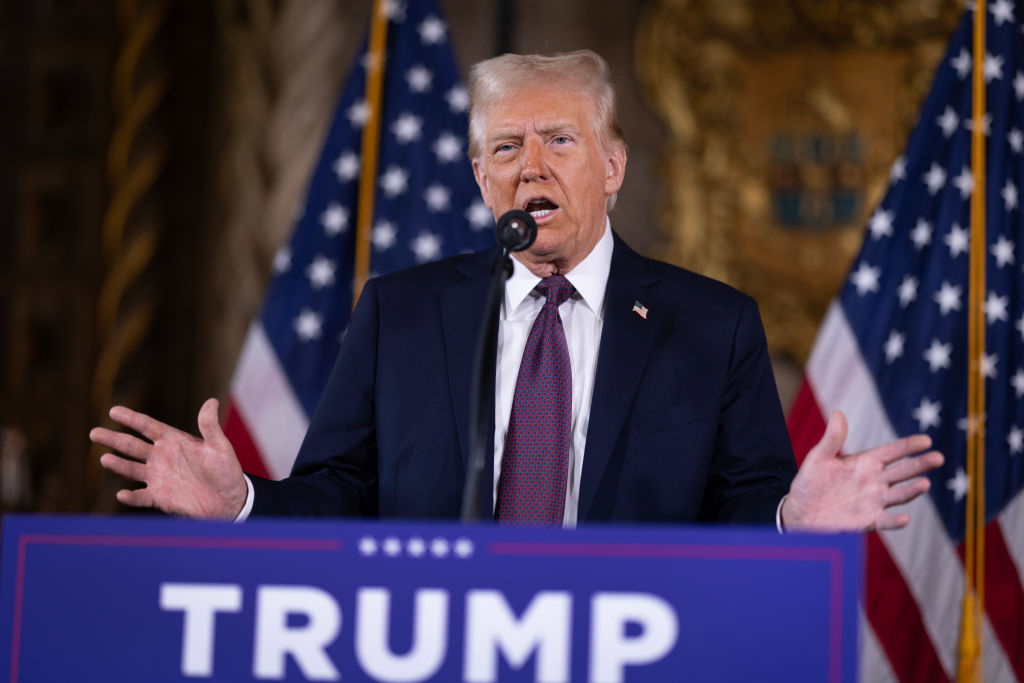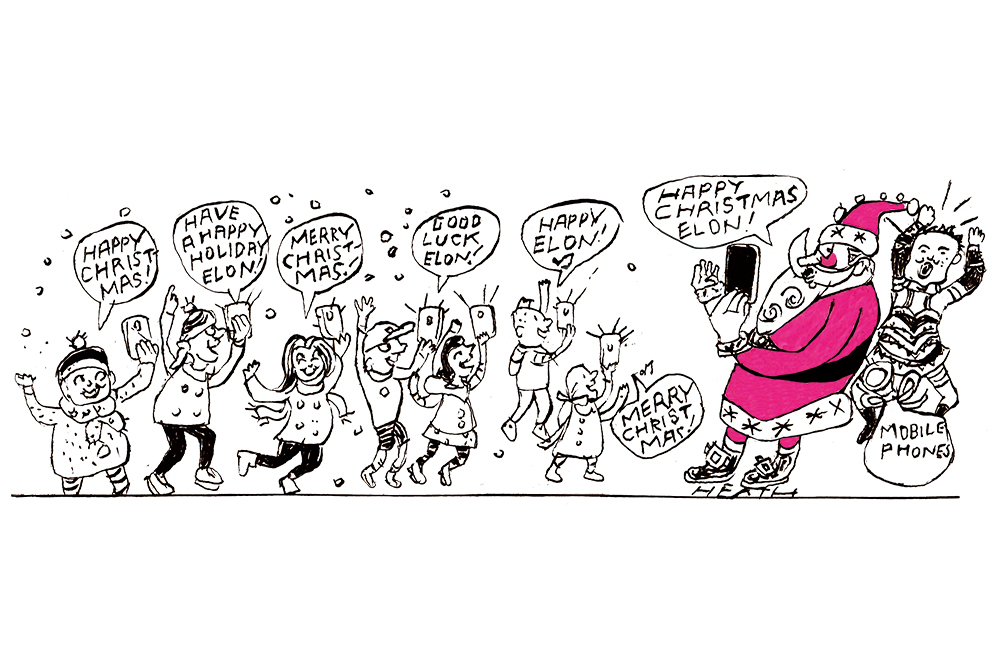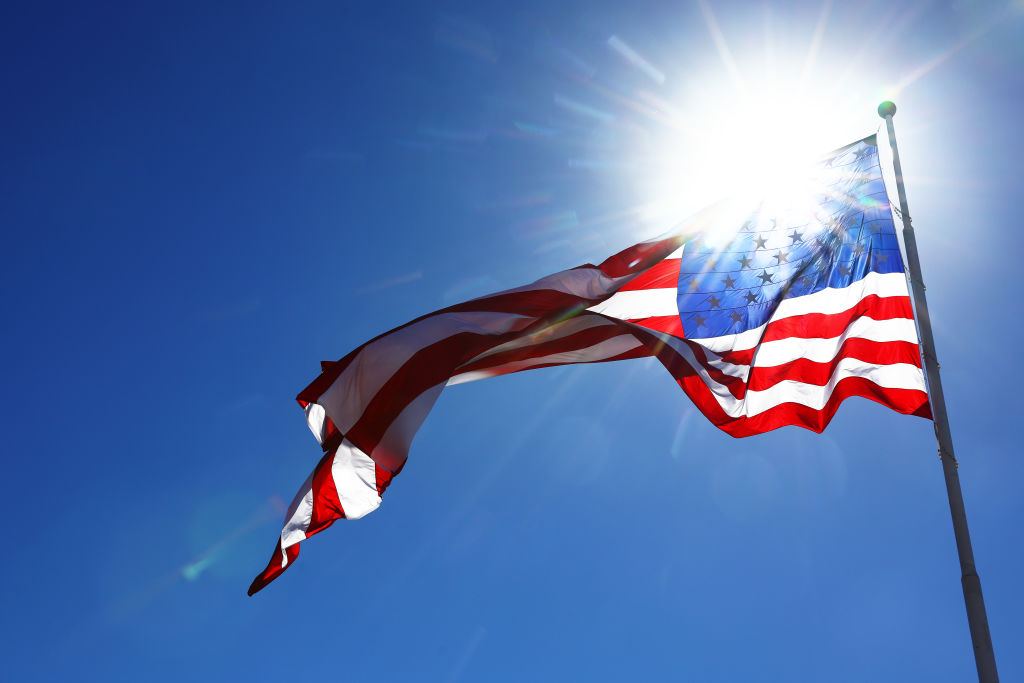As we head into yet another election season, faced with what looks like an inevitable Trump-Biden rematch, it’s hard not to despair at the divided state of the nation. A quick scan of the political landscape, and the condition of our cities, leaves me struggling — everything seems fractured. It’s like a broken mirror: the shattered remains are all reflecting back at each other, bouncing light everywhere. We live in an America that seems familiar, but only because it’s composed of the broken shards of something that once was.
There is a lot of talk about how America is in decline. This was a central theme in the first GOP debate. It was presidential hopeful Ron DeSantis’s opening line: “Our country is in decline, this decline is not inevitable, it’s a choice.” His fellow candidate Vivek Ramaswamy doubled down on the pessimistic view of America: “It is not morning in America. We live in a dark moment.”
But are we in decline? Many pundits, journalists, historians and number-crunchers would disagree. “America is still the strongest economy in the world,” they will tell you. “Look at these employment numbers, and look at the GDP, and what about this data — crime in America is at a fifty-year low!” If all of this is true, why doesn’t it feel like we’re a nation ascending?
According to recent polls, the disconnect between the data and the national mood is real. In a March Wall Street Journal-NORC poll, a majority of Americans had little confidence that life will be better for their children. In a CNN poll from April, seven in ten people said the economy was in “poor shape.”
So is there a disconnect? Or are the numbers not accurately reflecting reality? Because America sure feels like it’s in decline — and by many other metrics, it is. Our once-beautiful cities have grown lawless, rife with crime and filled with homeless drug addicts. Life expectancy is collapsing, especially among the poor. Deaths of despair are skyrocketing, particularly among males. Birth rates are plummeting. The middle class can’t afford home ownership. Literacy rates are declining. There seems to be a real sense that in the land of opportunity, the opportunity is either slipping away or out of reach.
The likelihood of a second Trump-Biden face-off doesn’t help. Both seem to represent the problem not the solution. Two corrupt old men in decline, clinging to power, unable to let go or allow the future generation to step in. We are served two underwhelming dishes and told to be grateful for our delicious meal. It’s disgusting — and for some folks, it’s radicalizing.
But for others, like me, it’s demoralizing. For me, the prospect of a Trump-Biden rerun makes me so disillusioned about politics that I find myself wanting to sit this election cycle out completely. I care about seeing my family and helping those closest to me. I care about learning how to grow food. And building community. I don’t care about anything else. I want out of the culture wars. I hate them.
I know that whoever the candidates, most people will vote for their “side,” no matter how gross the option, because to do otherwise is voting for “Satanism” or “fascism” or “Trumpism,” some “ism” that is allegedly destroying the soul of America. Yet what’s really destroying the soul of America is having to constantly choose between the lesser of two evils instead of competent leaders under seventy.
We are stuck in this weird purgatory between what America used to be and what it is becoming — a country in transition — but such is the history of our country. There are always parts of America on the rise and parts in decline.
What is perhaps different than any other time is that most Americans know that no one is coming to bail them out. Trust in institutions is at an all-time low. Americans recognize that the mainstream iterations of both parties won’t save them — and they know that the extremes of both sides are unlikely to lead to anything good either. Perhaps a third option will break through — but that seems doubtful. So they’re checking out.
I think this is a good thing. They’re checking in to something more tangible. After years of being too online, people are craving real-life experiences and connection — any glimpse at concert sales and air travel or comedy shows from this summer is evidence of a return to the human desire to “touch grass.” I’ve found a lot to be hopeful about. People are organizing and working on envisioning a new world together. They are acting locally, getting interested in homeschooling and homesteading again. There is a renewed focus on the importance of community and learning how to build and create. There is a return to the importance of family.
Zooming out and maintaining a sense of perspective is important. So is gratitude. Despite the challenges we face — the unrest, the hopelessness, the decay — we are still living in the most prosperous country in the history of the world. Slipping into nihilism is lazy. Hysteria never helps anything other than a politician trying to scare people into voting for them. But focusing on what I can control, and what I can contribute, and what I can change — that’s much harder — that’s a return to the American ideals this country was built upon.
This article was originally published in The Spectator’s October 2023 World edition.










